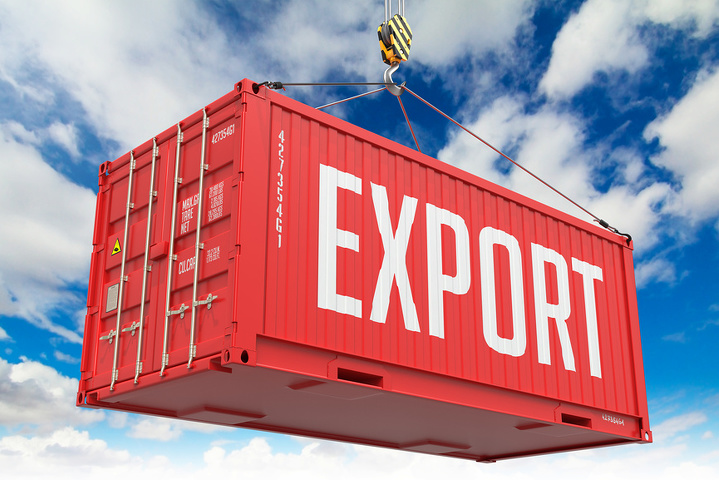The Lagos Chamber of Commerce and Industry (LCCI) has stated that the ongoing tariff disputes between the United States and other countries pose a significant threat to Nigeria’s N323.96 billion non-oil and non-energy exports to the U.S.
President of LCCI, Gabriel Idahosa stated this during a quarterly press conference on the state of the economy held in Lagos.
Idahosa emphasised the need for a strategic, measured, and proactive response from the Nigerian government, saying, “we believe the government must intensify diplomatic efforts through our relevant ministries to seek clarity on the rationale behind the tariffs and explore pathways for their reversal or renegotiation.
“This is particularly important in light of Nigeria’s ban on 25 import items from the U.S.A. Nigeria can also lead discussions around the Africa Growth and Opportunity Act (AGOA) and other multilateral platforms to sustain these opportunities.”
Trump’s Tariff Policies Threaten Nigeria’s Oil Revenue — NMDPRA
He further explained that Nigeria must reduce its over dependence on a few trading partners by expanding bilateral trade agreements with emerging economies in Asia, Latin America, and Africa. He stressed the importance of aggressively promoting intra-African trade under the African Continental Free Trade Area (AfCFTA).
Idahosa urged the federal government to encourage local production and value addition in key sectors such as agriculture, mining, and manufacturing. He stated, “Exporting commodities in their raw forms should give way to processed finished goods that command higher global value.”
The Chamber called for an urgent review of Nigeria’s national trade policy to reflect emerging global realities. It suggested that trade, tax, and customs regimes should be modernized to align with World Trade Organization (WTO) rules and protect Nigerian interests.
In discussing the 2025 federal government budget, Idahosa pointed out that while the budget size of N54.99 trillion appears large in naira terms, it is relatively smaller in dollar value due to exchange rate depreciation. He expressed concern about the feasibility of capital spending, given that the combined costs of debt servicing and recurrent expenditure exceed projected revenues, leaving capital spending without adequate funding for implementation.
The LCCI recommended that the federal government develop a model to attract private investment in strategic infrastructure to enhance the country’s competitiveness, emphasising that government borrowings should be tied to specific projects.
Idahosa also urged the government to expedite tax reforms to create a more efficient tax system that minimizes the burden on citizens while sustainably improving national revenue.
He added that “the federal government’s initiative to overhaul Nigeria’s tax system through the proposed Tax Reform Bill is essential but may not be sufficient to achieve the 18 per cent target outlined for the 2025 budget. This comprehensive reform is aimed at enhancing revenue generation, streamlining tax administration, and fostering economic growth.”
He noted that Nigeria’s tax-to-GDP ratio stood at 7.9 per cent in 2022, significantly lower than the African average of 16.0 per cent. This disparity highlights the need for a more efficient tax system to support national development.











